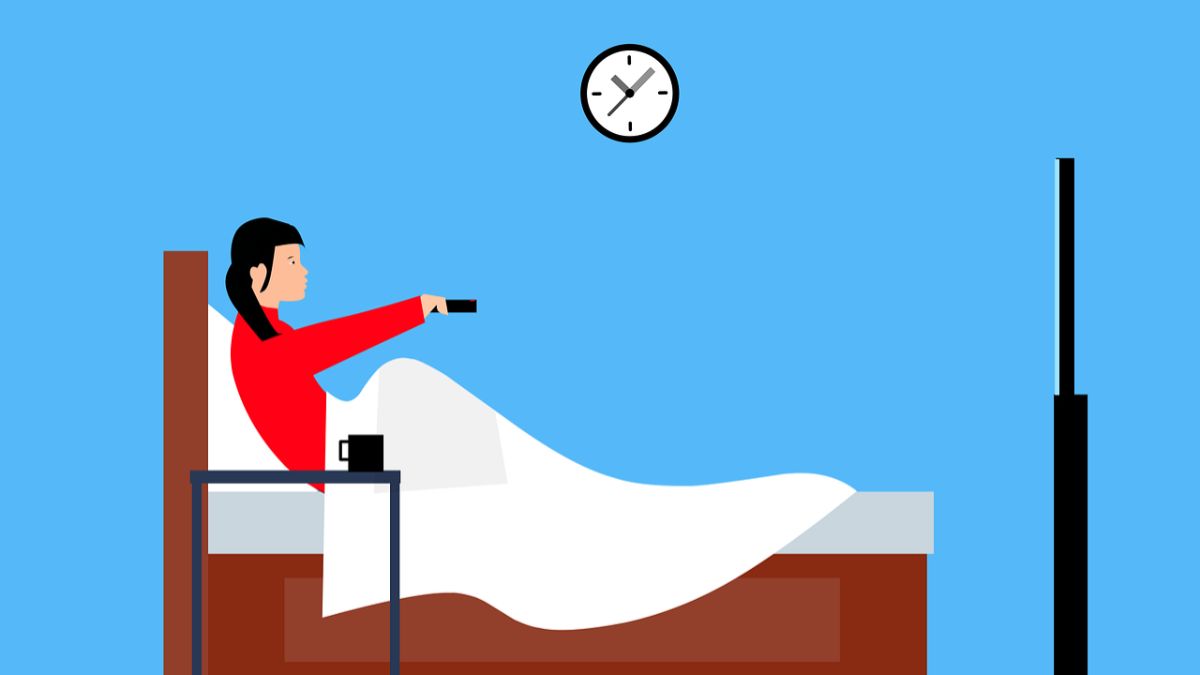How a Good Night’s Rest Can Transform Your Physical and Mental Health

PIKIRAN RAKYAT – In today’s fast-paced world, sleep often seems like a luxury rather than a necessity. The allure of late-night screen time, demanding work schedules, and constant technology use contribute to a global phenomenon: sleep deprivation. Research shows a concerning decline in average sleep duration worldwide.
Factors such as exposure to artificial blue light from electronic devices, disrupted circadian rhythms due to shift work or travel, and societal pressures to always be “on” all contribute to this trend. While occasional nights of short sleep may not cause immediate harm, chronic sleep deprivation significantly impacts both physical and mental health.
Insufficient sleep can weaken the immune system, increasing susceptibility to illness. It can also impair cognitive function, leading to problems with memory, concentration, and decision-making.
Furthermore, sleep deprivation is linked to an increased risk of chronic health conditions like heart disease, diabetes, and obesity. The good news is that you can take steps to improve your sleep hygiene and cultivate a healthy sleep schedule. Here are some practical tips to help you reclaim restful nights.
1. Establish a consistent sleep schedule
Go to bed and wake up at the same time every day, even on weekends. This helps regulate your body’s natural sleep-wake cycle, known as the circadian rhythm.
2. Create a relaxing bedtime routine
Wind down before bed with calming activities such as reading, taking a warm bath, or practicing light stretches. Avoid stimulating activities like watching television or using electronic devices for at least an hour before bedtime.
3. Optimize your sleep environment
Ensure your bedroom is dark, quiet, and cool. Invest in blackout curtains, earplugs, and a comfortable mattress to create a sleep-conducive environment.
4. Limit daytime naps
While a short nap can be refreshing, long or late-day naps can disrupt nighttime sleep. If you nap, aim for no more than 20-30 minutes in the early afternoon.
5. Develop a healthy relationship with technology
Avoid using electronic devices in bed, as the blue light emitted from screens can suppress melatonin production, a hormone that regulates sleep.
6. Regular exercise
Physical activity can improve sleep quality, but avoid strenuous workouts close to bedtime.
7. Manage stress
Chronic stress can significantly disrupt sleep. Practice relaxation techniques like meditation or deep breathing to help manage stress levels and promote better sleep.
8. Limit caffeine and alcohol
While caffeine can provide a temporary energy boost, it can interfere with sleep later in the day. Similarly, alcohol may initially make you feel drowsy but can disrupt sleep quality throughout the night.
9. See a doctor if needed
If you’ve tried these strategies and still struggle with sleep, consult a doctor. Underlying medical conditions like sleep apnea or anxiety could be contributing to your sleep problems.
Adopting these strategies and committing to good sleep hygiene can help you reclaim restful nights and unlock the numerous benefits of quality sleep for both your physical and mental health. (Yeurley Arba Nabila/Politeknik Negeri Bandung)***
link





